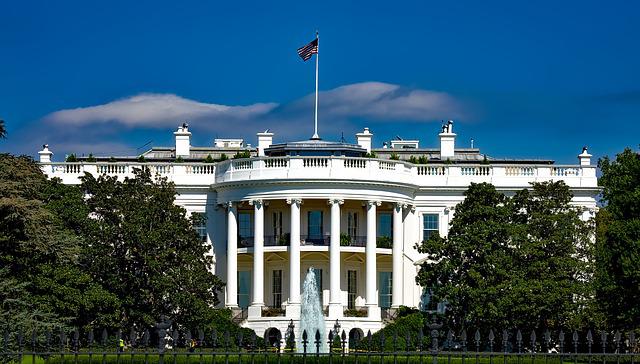 In late April during Second Chance Month, the White House announced that it has launched a comprehensive strategy to expand what it calls “Incarceration to Employment” opportunities. The strategy includes creating education and training programs, and expanding access to employment in a variety of areas.
In late April during Second Chance Month, the White House announced that it has launched a comprehensive strategy to expand what it calls “Incarceration to Employment” opportunities. The strategy includes creating education and training programs, and expanding access to employment in a variety of areas.
Some of the highlights of the White House efforts include:
- A first ever collaboration of its kind between the Dept. of Justice and the Dept. of Labor that will invest $145 million during fiscal years 2022-2023. The funds will be used to create job skills training programs and provide individualized reentry and employment plans for those incarcerated in Federal Bureau of Prisons facilities.
- A total of $85 million in grant funding allocated by the Education and Training Administration of the U.S. Dept. of Labor to prepare justice involved youth for employment. Nonprofit organizations, local and regional government entities, and federally recognized Native American and tribal governments, as well as independent school districts, can apply for grants ranging from $2 million to $4 million.
- The removal by the U.S. Small Business Administration of barriers to loan acquisitions that had been established based on irrelevant criminal history records.
- Proposed regulation concerning the removal of barriers to gaining federal employment by the Office of Personnel Management. These new regulations, once in effect, will increase the number of positions covered by the federal government’s Ban the Box policy.
- New guidance issued by the Dept. of Labor’s Office of Federal Contracting and Compliance Programs (OFCCP) to contractors and subcontractors to make sure that their criminal background check policies are not discriminatory.
- Invitations to an additional 73 colleges and universities to participate in the U.S. Dept. of Education’s Second Chance Pell Experiment. This will increase the total number of educational institutions in the program to as many as 200. It will also allow thousands of additional incarcerated individuals to get a post-secondary education. Most of the selected schools are two- and four-year public educational institutions. And 24 Historically Black Colleges and Universities (HBCU) and minority serving institutions are among the number.


